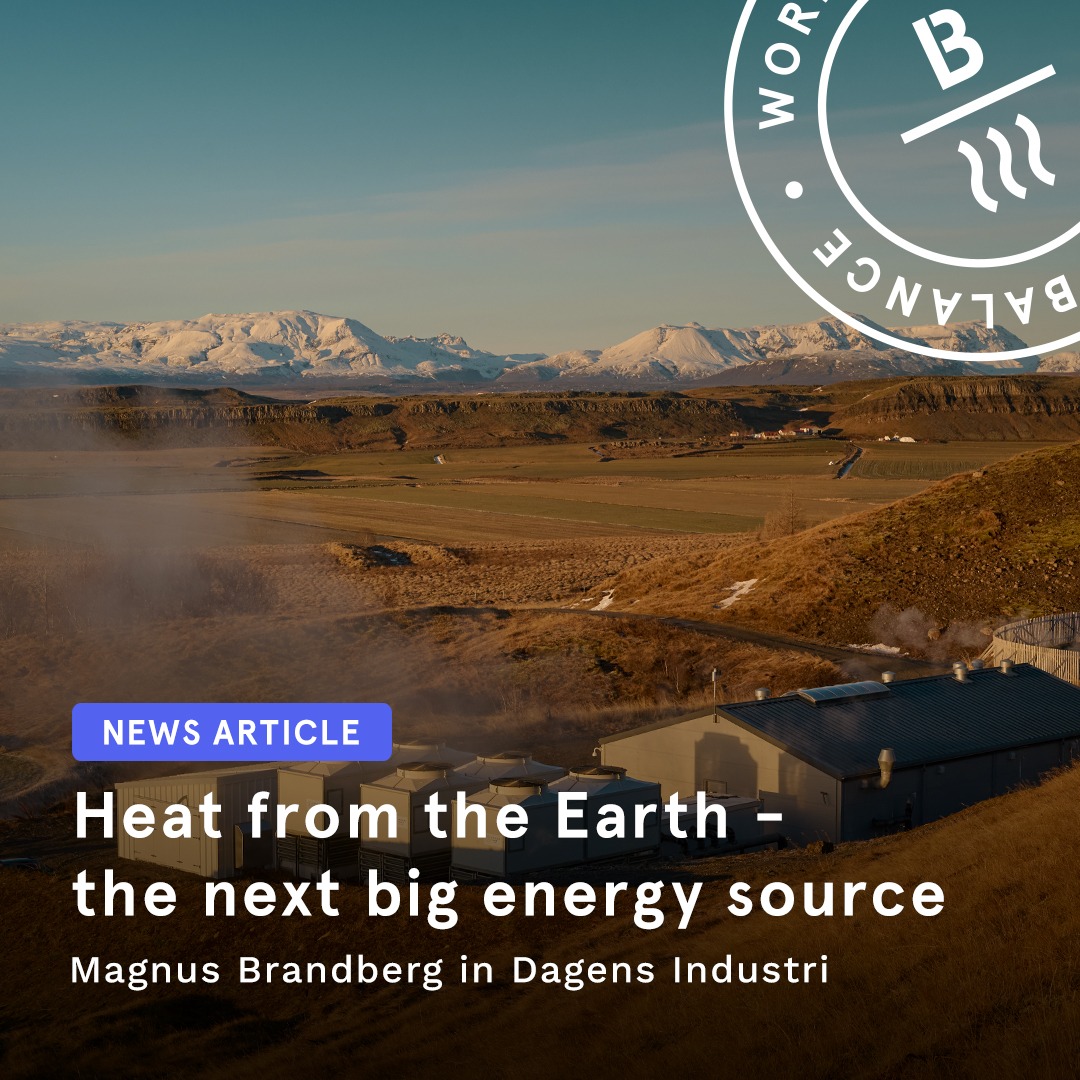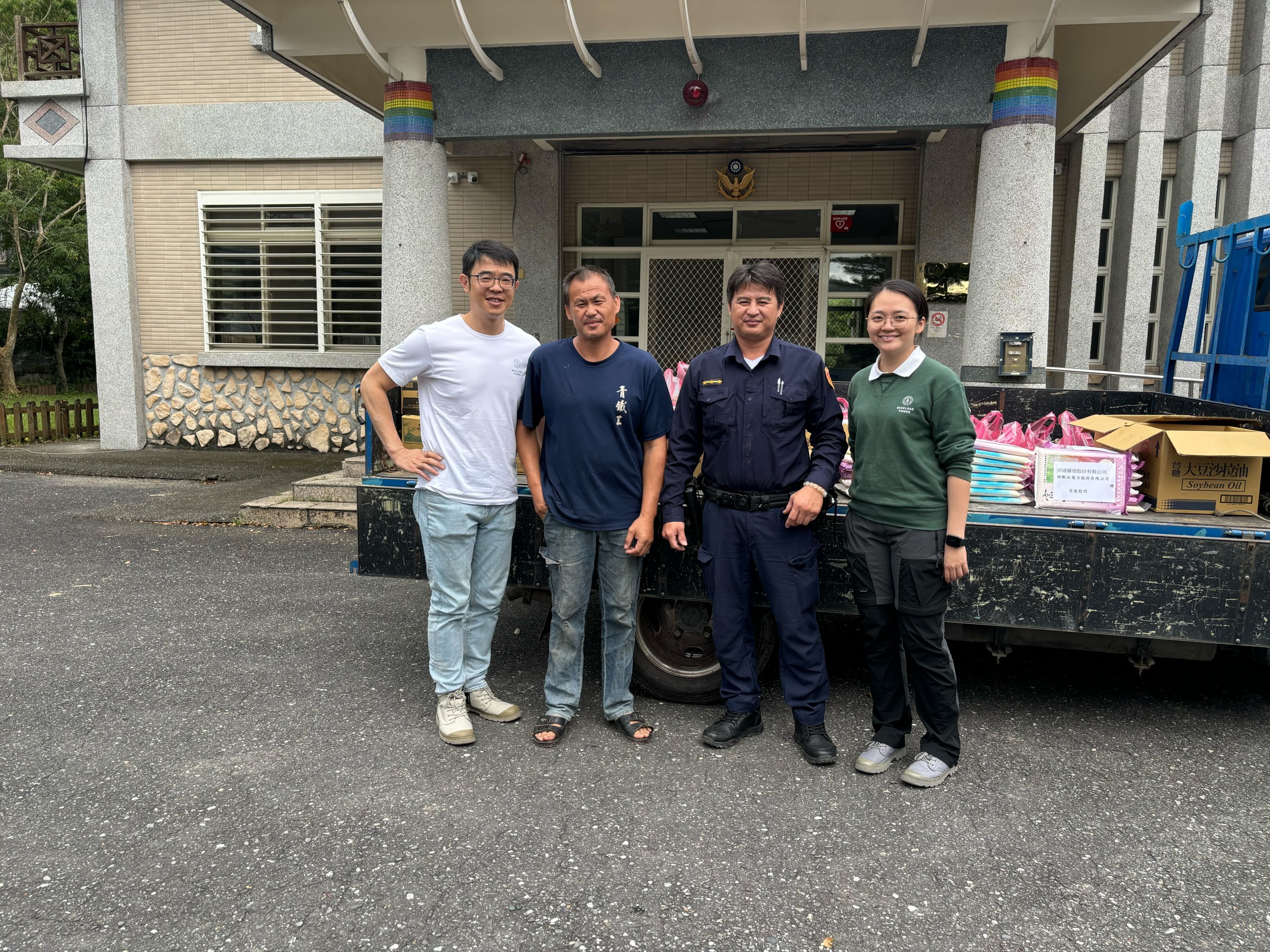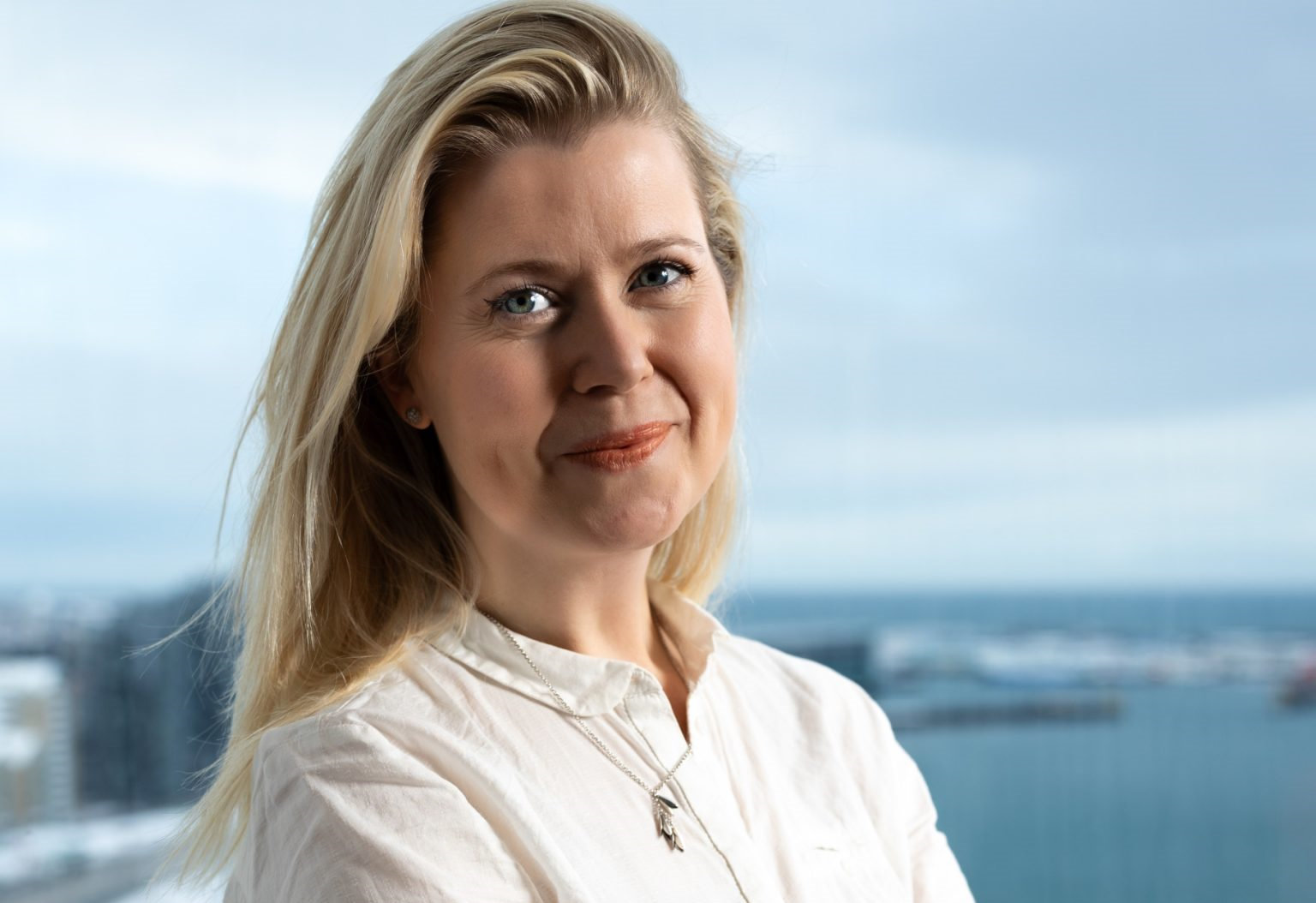Is the EU about to miss yet another wave of green technology?
The EU prides itself on being a global green leader, but it has repeatedly fallen behind when it comes to key green technologies. Exemplified by solar panels and EV batteries, the EU has lagged so far behind China that experts question whether catching up is even possible. Without a geothermal strategy, the EU risks repeating the same mistake with yet another green energy technology.
Shallow geothermal energy uses solar energy stored in soil, bedrock, and groundwater to heat and cool buildings, from single-family homes to large residential or industrial areas, and even for heat storage. Deep geothermal energy involves deeper drilling — often more than a thousand meters — to tap into the Earth’s inner heat for electricity generation and for heating of buildings. This heat can also be used for industrial processes and mineral extraction. Geothermal energy is a stable energy source providing baseload power and heat throughout the year, regardless of weather conditions.
Heating and cooling account for 50% of the EU’s energy consumption, still with 70% derived from fossil fuels — primarily from gas, much of it imported.
Using today’s well-established technologies, geothermal energy has the potential of supplying the EU with 25% of its heating and cooling needs and 10% of its electricity production, according to the European Commission’s Strategic Energy Technology Plan. Next-generation technologies could significantly boost these figures. The current wave of technical innovation is expected to make deep drilling for green, stable heat, cooling, and baseload power possible in more locations worldwide in a near future.
Geothermal energy is also one area where Swedish industry excels. The Swedish heat pump revolution, begun in the 1990s, started with small-scale projects in smaller towns—with ground-source heat pumps for single-family homes— and has developed and expanded to heating and cooling of larger buildings. Many of these companies have now grown into international players with great significance for both global technological development and local job opportunities.
Sweden is now the world’s fourth largest geothermal nation in terms of installed capacity per capita, according to the International Energy Agency’s (IEA) recent report The Future of Geothermal Energy. Today, Sweden has more than half a million geothermal systems installed, with approximately 17,000 new geothermal boreholes drilled each year. According to the Swedish Geoenergy Center, geothermal energy contributed around 22 TWh of renewable heating and cooling in 2023, equivalent to roughly 20 million tons of reduced CO2 emissions. Over the past decade, geothermal energy has generated approximately 200 TWh of renewable heating and cooling for the Swedish energy system, a figure of the same order as the contribution of wind power to the electricity system during the same period.
Swedish companies have developed extensive expertise in drilling technology, heat pump systems, subsurface thermal energy storage, and sustainable energy solutions, positioning them well for contributing to technological advancement and delivering existing solutions to a growing market.
IEA forecasts suggest that the EU heat pump market will triple by 2030, and the EU’s REPowerEU plan from 2022 highlights geothermal energy as priority technologies. Sweden has now the chance to strengthen its export of technologies and system solutions to other EU countries that struggle to reduce heating costs and dependence on fossil fuels.
Increased use of geothermal energy within the EU would benefit not only Swedish exports and industries but also Sweden indirectly. Since Sweden is part of the EU energy market, reduced reliance on energy imports across the EU would help stabilize energy prices in Sweden and the Nordic region.
On December 16, the EU energy ministers will meet at the EU Council to decide whether to develop a unified EU strategy for geothermal energy. We urge the Swedish Minister for Energy, Ebba Busch, to do everything in her power to ensure the proposal is adopted. This is a green train Swedish industry cannot afford to miss. We have tangible solutions that contribute to securing climate goals and future energy supplies while simultaneously strengthening Swedish exports and innovation capacity.
Magnus Brandberg, Founder, Gullspång Invest
Signhild Gehlin, CEO, Swedish Geoenergy Center
Alexander Helling, CEO, Baseload Capital
Fredrik Rosenqvist, CEO, Qvantum Industries
Mattias Gustafsson, CEO, Drilling Companies of Sweden
Anders Mårtensson, CEO, Swedish Cooling and Heat Pump Association









